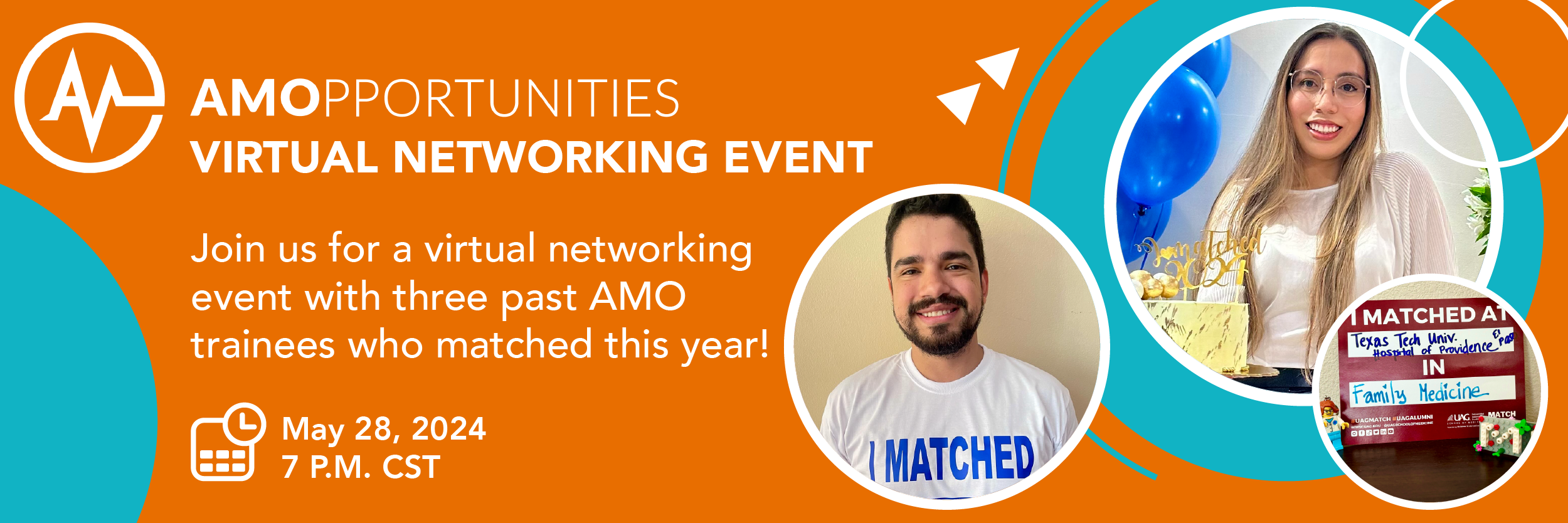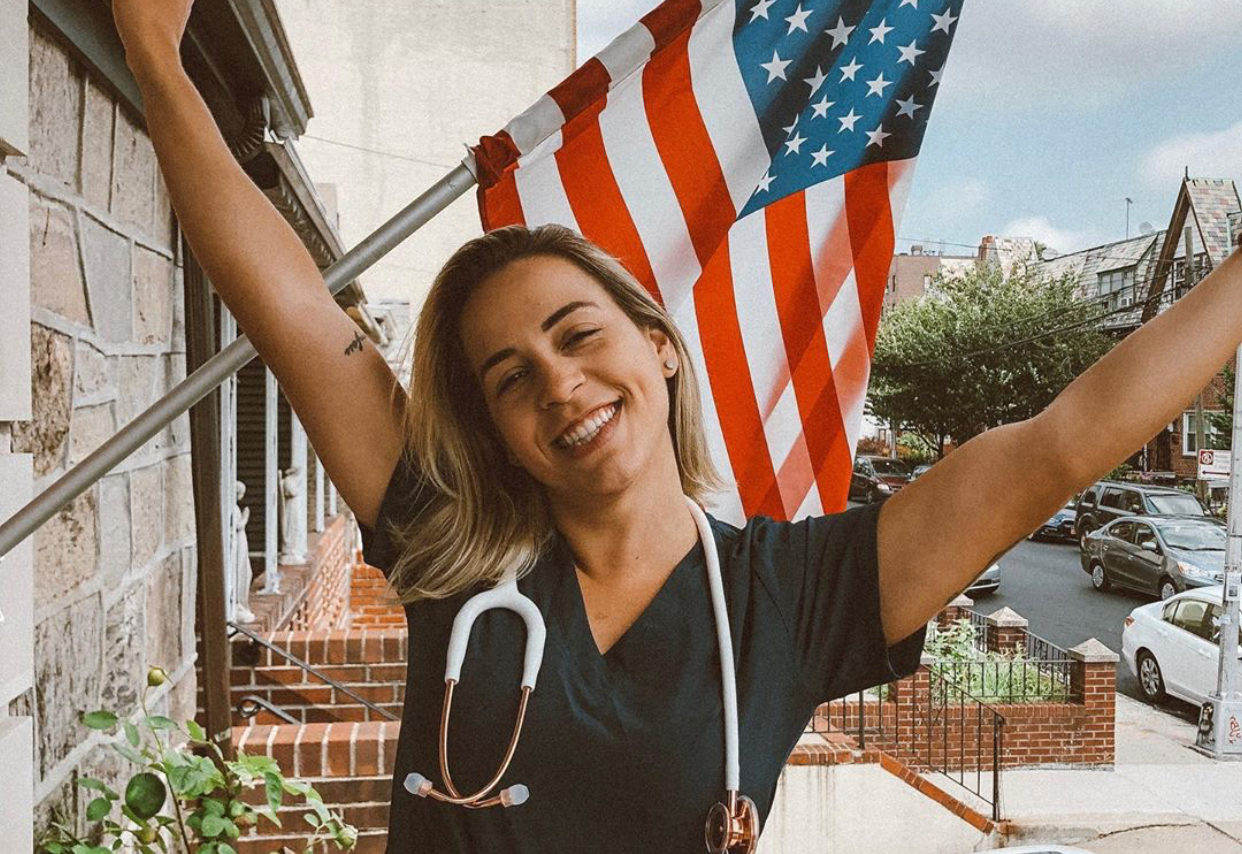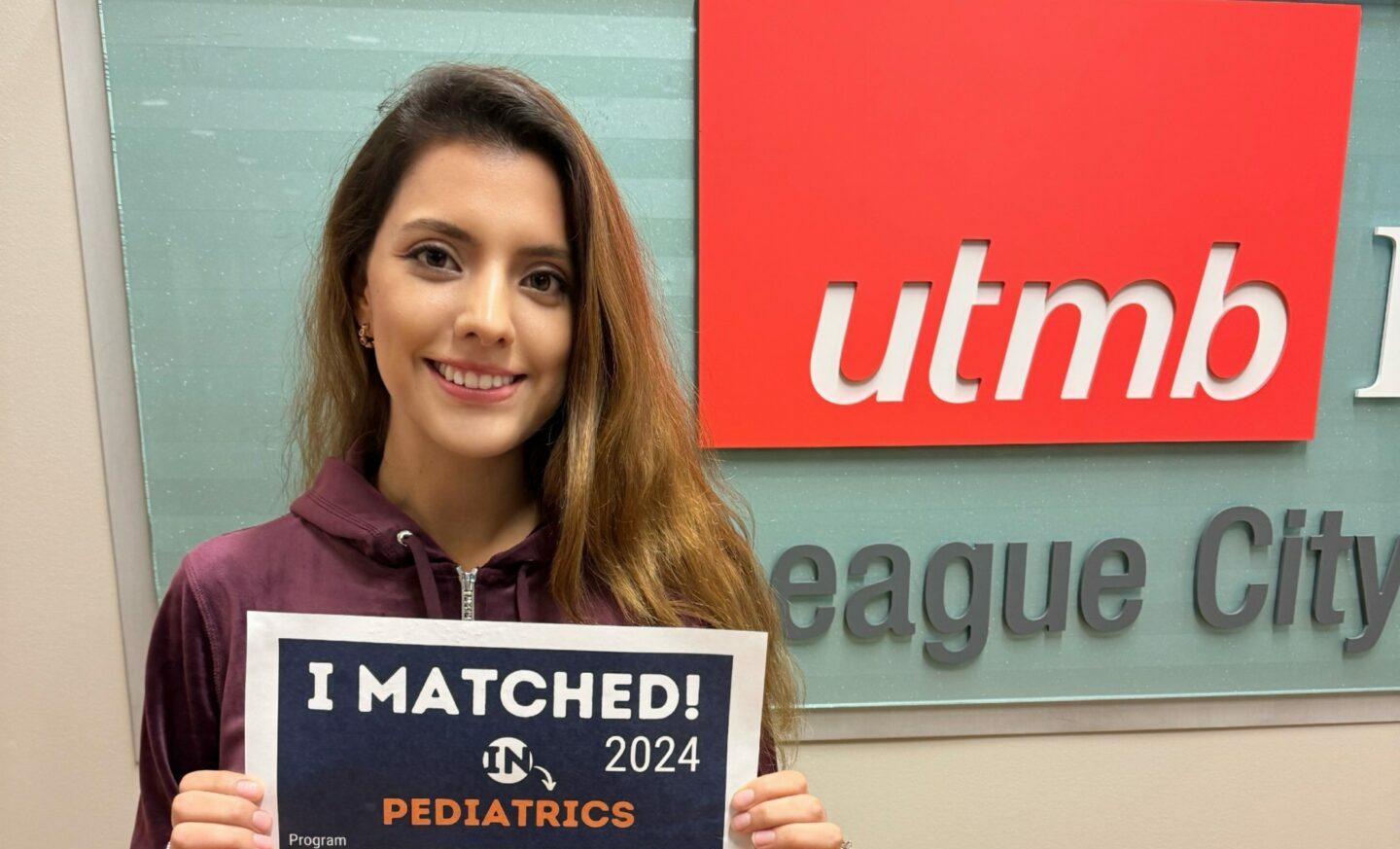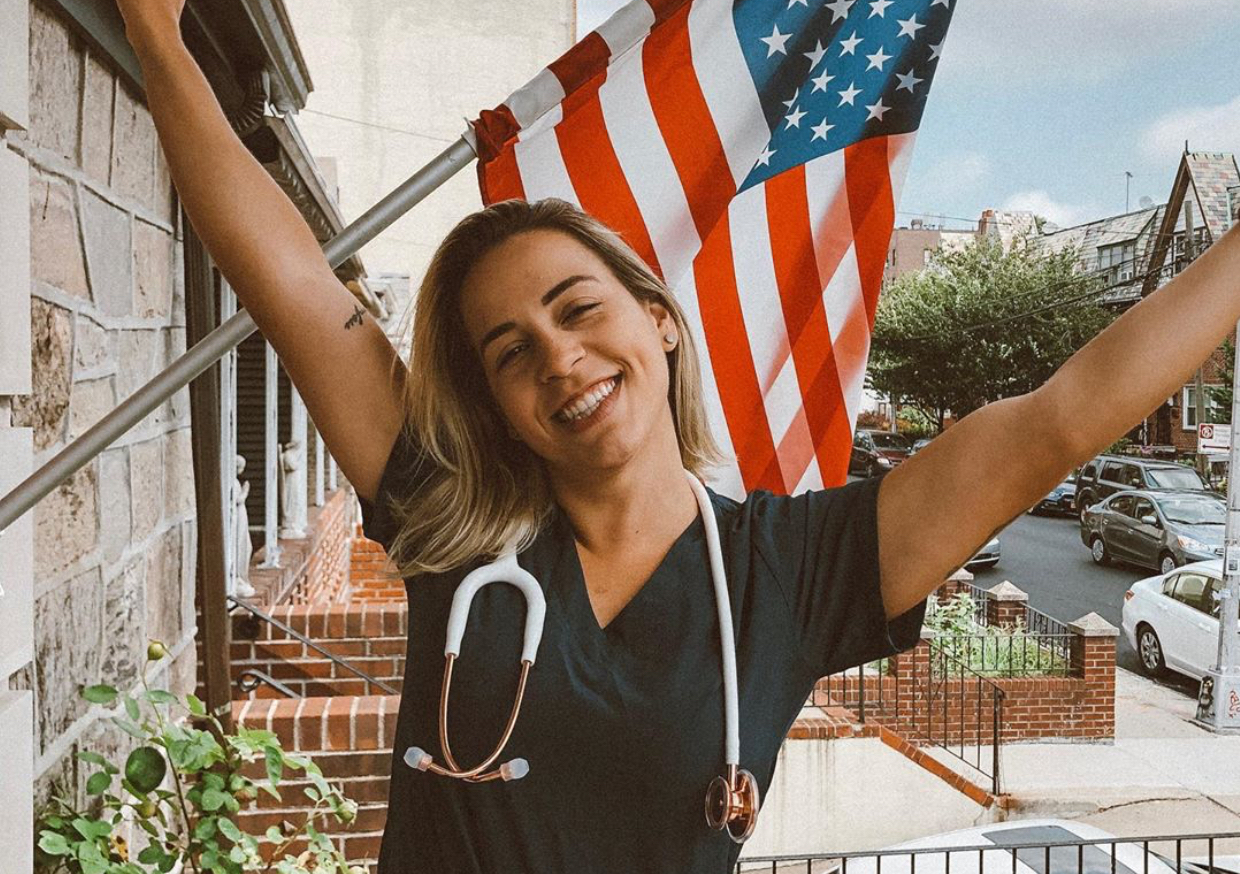The residency interview is an important step in gaining admission to any residency program. Coordinators use the interview to learn more about who you are as a person—not just a doctor. To best prepare for upcoming residency interviews, AMO came up with a list of the top 10 most frequently asked questions. Spend some time thinking about your answers, practice delivering these responses and develop questions of your own for the actual interview.
1. Tell me about yourself
While open-ended questions are the hardest, this is a jumping-off point for the rest of your interview. When brainstorming your answer this question, think about the following themes to help shape your response:
- Where did you grow up?
- What qualities would you, your friends, or your family use to describe you?
- What did you want to be as a kid?
- Why did you go to medical school?
- How did you decide on this specialty?
- Who are your mentors?
- What insights have your mentors given you about your suitability for this specialty?
Think of your response as an elevator pitch. Keep it concise to about one minute and be able to reflect your true self when delivering your pitch.
2. What are your strengths?
Pick one to two solid strengths that you can refer to throughout the interview. Have relevant examples of where these strengths shine through. Be able to tell stories about your experiences in a way that will highlight these key characteristics. Storytelling is the perfect platform to showcase your accomplishments while avoiding being arrogant.
3. What are your weaknesses?
This is a tough question to answer. Being able to balance self-confidence, maturity and self-awareness is key. Be open to vulnerability. Try asking yourself questions such as: Do you have a bad habit that has affected your aspirations? When did you realize it was a problem? How did you address it? Has that method been successful in preventing similar setbacks?
4. Who is your hero? If you could have dinner with anyone, who would it be? What is your favorite movie, book, etc?
These questions help program coordinators get a sense of how well-rounded you are as a person. You also can use your answer to this question to reflect on your key strengths and characteristics. Write down an answer to your favorite book, recent article, movie, hero, etc, with some depth.
5. What makes you different than the rest of our applicants? Why should we take you?
Your answer to this question is your opportunity to show off your uniqueness. Frame your response by thinking about these questions:
- What experiences have you had that set you apart?
- Did you have a job between medical school?
- What did that develop you in?
- Do you have an experience as a patient?
- As close family of a patient?
- How has that given you a special perspective on medical care?
If you are a nontraditional applicant or IMG, this is your opportunity to shine. Talk about your experiences coming to America, how you view the U.S. healthcare environment, how this environment compares to your home country, etc. Program coordinators love to hear about the diversity that you could bring to the table.
6. Tell me about a time you had to deal with an ethical dilemma. What would you do if…
This question aims to ask about your values. When outlining your ethical dilemma, outline the two contradicting values that make up this dilemma and walk your interviewers through your decision process. Your interviewers are more interested in learning about how you process tough situations and make ultimate decisions.
7. Tell me about a time you had a leadership role
While you should use this question as an opportunity to highlight achievements on your CV, be as specific as you can when formulating a response. How were you the key to getting a good result? How would that event have echoed in your performance as a resident or a practicing physician? Refer to the top characteristics you have been highlighting throughout the interview to round out your profile.
8. Tell me about something less than stellar in your application
Once again, the interviewers are trying to get a sense of how you deal with adversity. Take an objective look at your application. Are they any areas where the interviewers can ask you hard questions? Are your board scores low? Have you had to repeat courses? Do you have a judicial record you had to disclose? Use these questions to show what you learned through these tough experiences and how you have grown. Ask yourself the following: What have you learned about yourself through these experiences? What tools have you implemented? How will this impact your future performance? By answering these questions honestly and confidently, you will exhibit a certain level of maturity that interviews like to see.
9. What do you like about this program? What questions do you have for us?
Your response to this question will show program coordinators how well you have researched. Are you the type of candidate that wants to make educated decisions on the type of training you get? Or are you just going through the motions? Good candidates will have looked through the website, talked to a few students in the program, and come up with a few points of interest and a few points of clarification.
10. Specialty specific case study questions
Depending on your specialty, some interviewees may be asked to process and deliver information while under pressure to demonstrate their medical knowledge. This is most often the case with surgery specialties. As a rule of thumb, always stay calm. If you do not know the answer, make an educated guess while outlining your thought process. If you have no idea, be honest and proceed.
By using these 10 questions as a guide, you can begin preparing yourself for what to expect during your interview. Write down your answers, practice them, and learn how to stay cool, calm and collected. Be yourself and showcase who you really are outside of what the reviewers see on paper.
If you are concerned you might not have enough clinical experience to do well during the application or interview you may consider applying to a rotation with AMO. To explore our rotations and even apply, click here.







Hello
Iam Fardina Samadi I have done my MBBS from Afghanistan .
I really like to do my PG in US ,if it possible please let me know what steps are there that I should follow it ,
Thank you so much
Respect and regards
Fardina Samadi